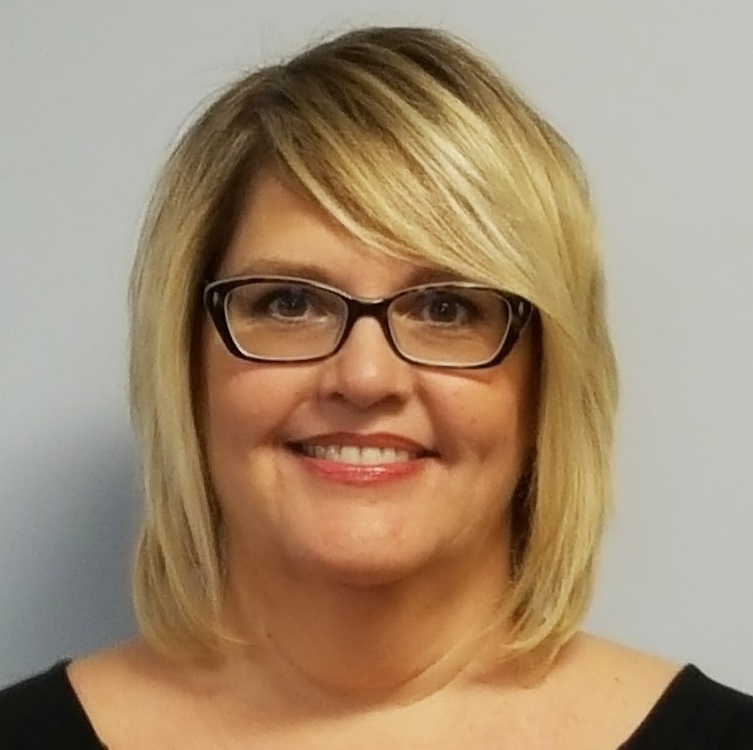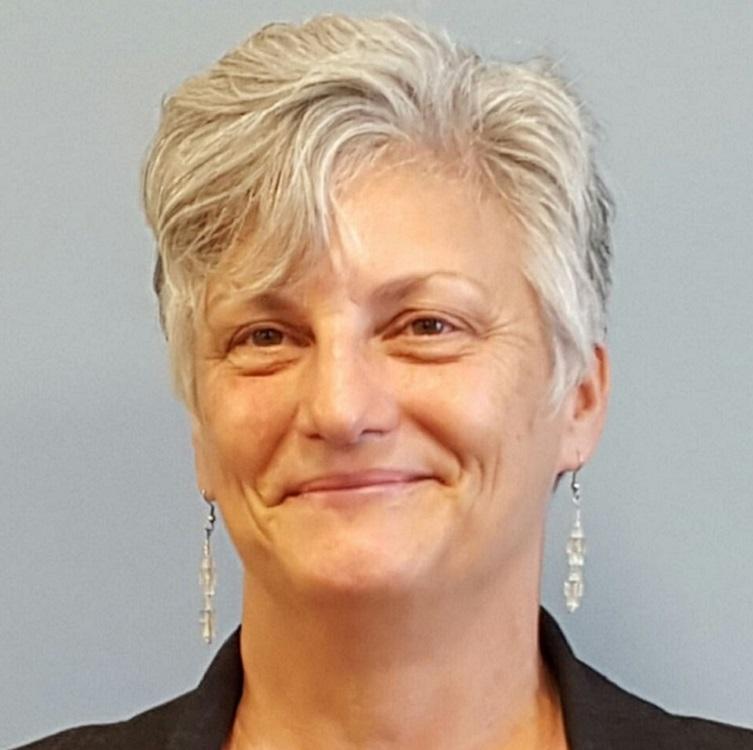Each One, Reach One, Grad-Undergrad Mentoring
The UMass Amherst Center for Multicultural Advancement and Student Success (CMASS) has created an innovative program to help undergraduates navigate the path to graduate school. Called Each One, Reach One, this program matches undergraduate students interested in pursuing graduate education with current graduate students.
By matching undergraduate students currently in the transition phase between college/post-college with current graduate students, we hope to provide support and guidance on topics like: relationship building, graduate school and career options, the application process, and confidence building to name a few. The focus(es) of each individual mentor/mentee relationship will change depending on your personal needs as an undergraduate student, however, the purpose of this program is to assist you in preparing for entering graduate school.
For more information, and to apply for the program, go to the CMASS Mentoring page.


